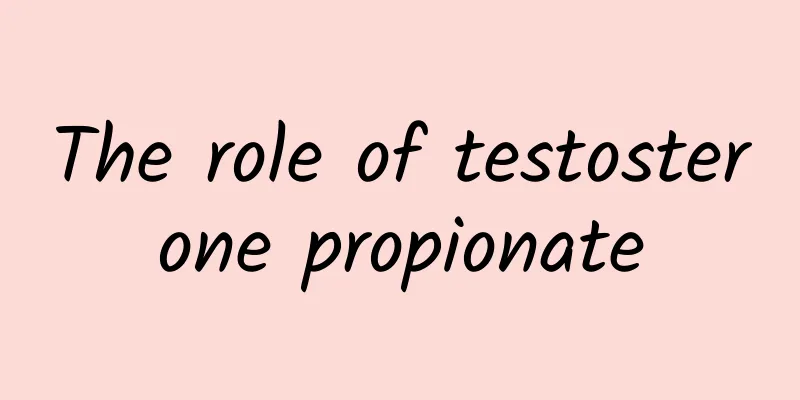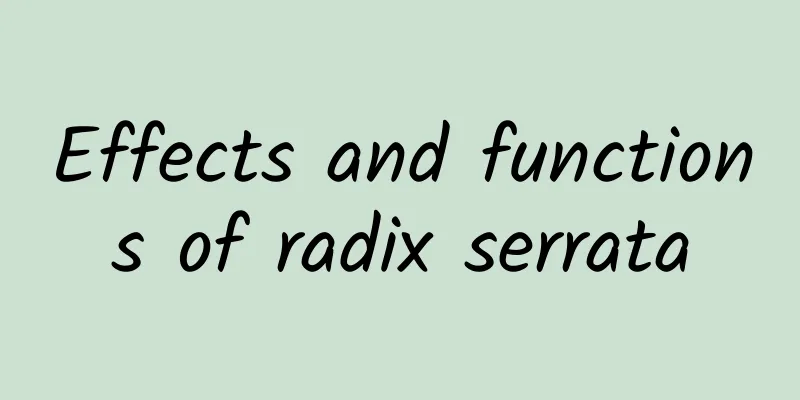Can people with scars get tattoos?

|
People with scar-prone constitutions are most afraid of having scars on their bodies. Once scars appear, it is easy for them to proliferate, causing the scars to bulge and expand, or even form keloids. People with this constitution should not get tattoos, because tattoos themselves can easily form scars, not to mention that the harm caused to people with scar-prone constitutions is even greater, so you must pay attention to this aspect. In addition to people with scar-prone constitutions, there are some groups of people in life who are also best not to get tattoos. How to get a tattoo Nowadays, tattoos are usually done by piercing the bottom layer of the skin with a needle carrying special pigments to create some permanent or semi-permanent patterns or words on the skin. The tattoo process will be painful and will cause skin damage, and the possibility of infection, inflammation and scarring cannot be ruled out. Can people with scars get tattoos? Tattoos are generally not recommended for people with scar-prone bodies. People with scar-prone constitution will almost always be left with scars after skin trauma. The scars on the skin surface will continue to grow, which is very ugly, and there will be local pain, redness and itching symptoms. If a large scar is formed, it will affect functional movement when it shrinks. Tattoos may leave scars on the skin surface. If people with scar-prone body types get a tattoo and the scars grow, not only will the tattoo become unsightly, but it will also cost more money to reduce the scars. Who should not get a tattoo? 1. People with skin infectious diseases: It may cause cross infection and poor healing of wounds. 2. Diabetic patients: wounds are difficult to heal and immunity is poor. 3. Heart disease patients: strong stimulation can trigger an attack. 4. Patients with blood diseases: avoid cross infection. 5. People who are allergic to pigments and anesthetics: it may cause pigment rejection and allergies. 6. Women during menstruation: poor immunity. 7. During pregnancy: strong stimulation will affect the fetus. 8. People with mental disorders or mental history: will affect the condition. 9. Drunk or mentally ill people: avoid troubles after and during tattooing. 10. Tattoos with reactionary national patterns and words are not conducive to national unity. 11. Those under 18 years of age: According to national regulations, people under the age of 18 are not allowed to get tattoos. 12. Body rejection: refers to the body's inability to absorb foreign substances and produces rejection. |
<<: How to deal with scars left by mouth inflammation
Recommend
How to cure eye sores quickly
Eye sore is the common name for stye, which is di...
Why do I always have eye bags?
More and more people are concerned about why they...
Will hypothyroidism cause diarrhea?
Hypothyroidism is caused by thyroid disease, and ...
Feeling bloated, dizzy, nauseous, and want to vomit?
Many people may have experienced bloating, dizzin...
What are some tips for curing sneezing?
Sneezing is a typical manifestation of respiratory...
What are the benefits of girls sleeping naked? Four precautions for sleeping naked
Sleeping naked is very beneficial to women's ...
Salt water detoxification method, salt water also has this effect
As the saying goes, people cannot live without sa...
Sweating in six areas is the most dangerous
Sweating on the forehead - Hyperactivity of liver...
What is hyperprolactinemia
Among the many factors that lead to female infert...
Does proteinuria mean nephritis? A comprehensive inspection is still needed
Many people find proteinuria 1+ during routine ch...
What medicine should I take for fever and cold
Heat cold is also called heat cold, also called w...
What diseases does the geriatric department treat?
Geriatric diseases, also known as old age disease...
Goose grass juice nasal drops
Goosegrass is a green plant of the genus Glechoma...
How long after exercise can I do moxibustion
Moxibustion is a relatively common treatment meth...
What are the benefits of cupping?
I believe everyone has heard of the term "cu...









